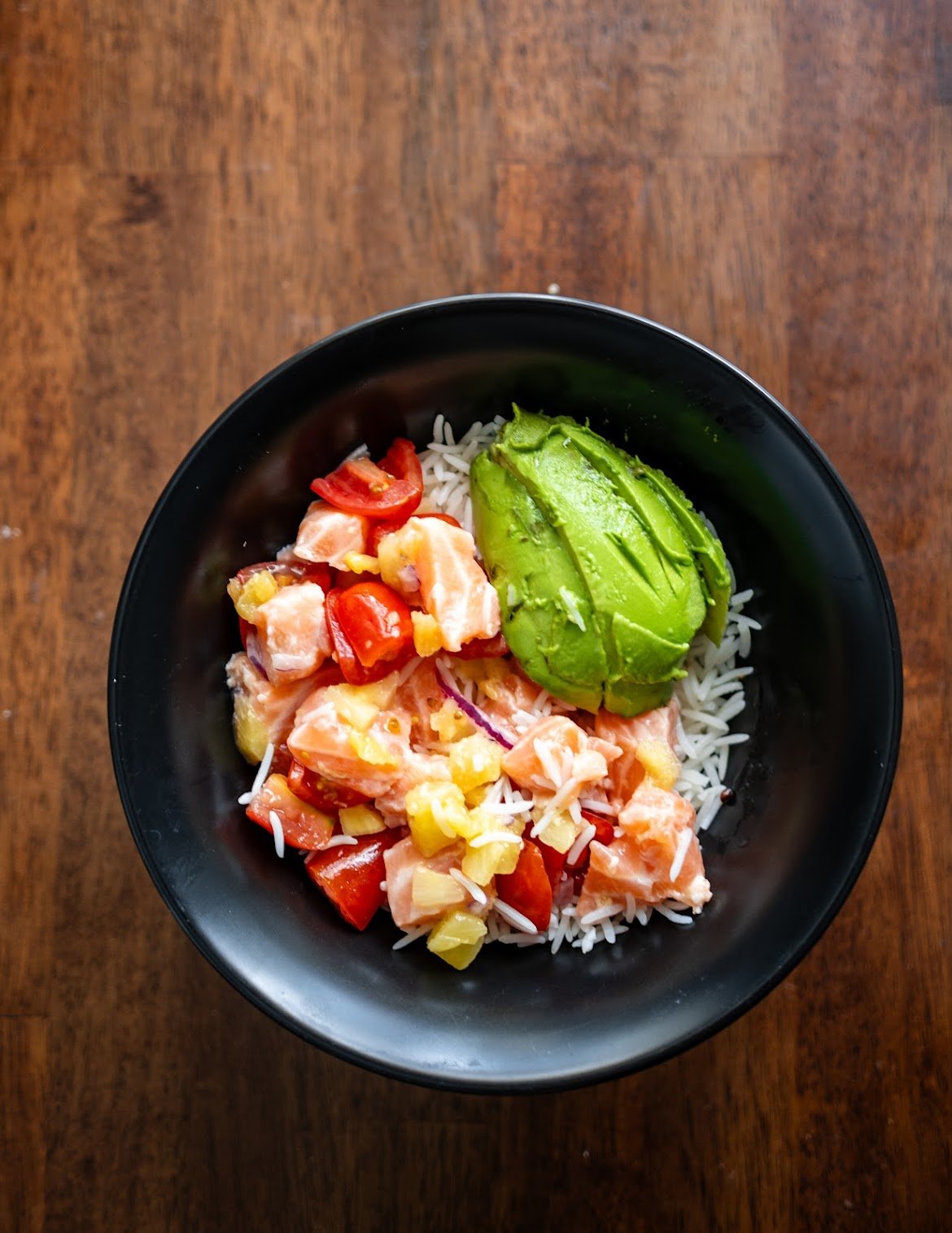How Mindfulness Can Transform the Way You Approach Food
In today’s fast-paced world, meals often become just another item on our to-do list—something to rush through while distracted by screens, conversations, or work deadlines. But what if eating could be more than just sustenance? What if it could become a source of deeper nourishment for the body, mind, and spirit?
Mindfulness, the simple yet profound practice of bringing full attention to the present moment, offers a powerful way to transform our relationship with food. When we eat mindfully, we awaken to the full experience of nourishing ourselves—and in doing so, we unlock surprising benefits for our health, happiness, and well-being.
Eating With Awareness
Mindful eating invites us to slow down and truly notice our food: its colors, textures, smells, and flavors. Instead of mechanically consuming a meal, we savor each bite with curiosity and gratitude. We begin to recognize the difference between physical hunger and emotional cravings, learning to respond to our bodies with kindness instead of judgment.
I’ll be honest, I recently noticed that I would look forward to meals only to blow through them and barely chew my food! I chose to consciously slow down to enjoy each bite that I take. When we’re mindful, food becomes more satisfying, and overeating naturally diminishes because we are attuned to our body's signals of fullness and satisfaction.
A Healthier, More Joyful Relationship With Food
Research shows that mindfulness can help reduce emotional eating, support weight management, and promote healthier food choices. As far as tracking maros goes, it is important to be mindful. You can easily fill your macros with junk and “hit your numbers”, but you’ll be missing out on so many nutrients. The opposite is true as well, you could be eating in a restrictively healthy way and forget to embrace other food options that bring you joy. Mindful eating reconnects us to the simple joy of nourishing ourselves. There are times when I emotionally eat a food and I acknowledge that I’m doing it for emotional purposes before I begin to eat.
When we eat mindfully, guilt and shame often fall away. Instead of labeling foods as "good" or "bad," we approach eating with balance and compassion. We listen to what our body truly needs, and we honor that need without judgment. Over time, this compassionate awareness builds a sense of trust and respect for ourselves that extends far beyond the plate.
How to Start Eating Mindfully
Mindful eating doesn’t require a major lifestyle overhaul. Small shifts in attention can have a big impact. Here are a few ways to get started:
Pause before eating: Take a few deep breaths. Notice the look and smell of your food. Feel gratitude for the nourishment you are about to receive.
Eat slowly: Put down your fork between bites. Chew thoroughly. Allow yourself to fully taste and enjoy each mouthful.
Limit distractions: Turn off the TV and put away your phone. Give your meal—and yourself—the gift of undivided attention.
Check in with your body: Are you truly hungry? Are you full? Notice how different foods make you feel physically and emotionally.
Food as a Path to Greater Well-being
Mindfulness transforms the way we approach food, but its ripple effects go even further. As we cultivate greater awareness at the table, we naturally become more present in other areas of our lives. We learn to savor life's small pleasures, navigate stress with greater ease, and foster a deeper sense of connection to ourselves and the world around us.
Ultimately, mindful eating isn’t about perfection—it’s about presence. It’s about reconnecting to the joy, gratitude, and wisdom that can be found in every bite. And that is a truly nourishing way to live.


